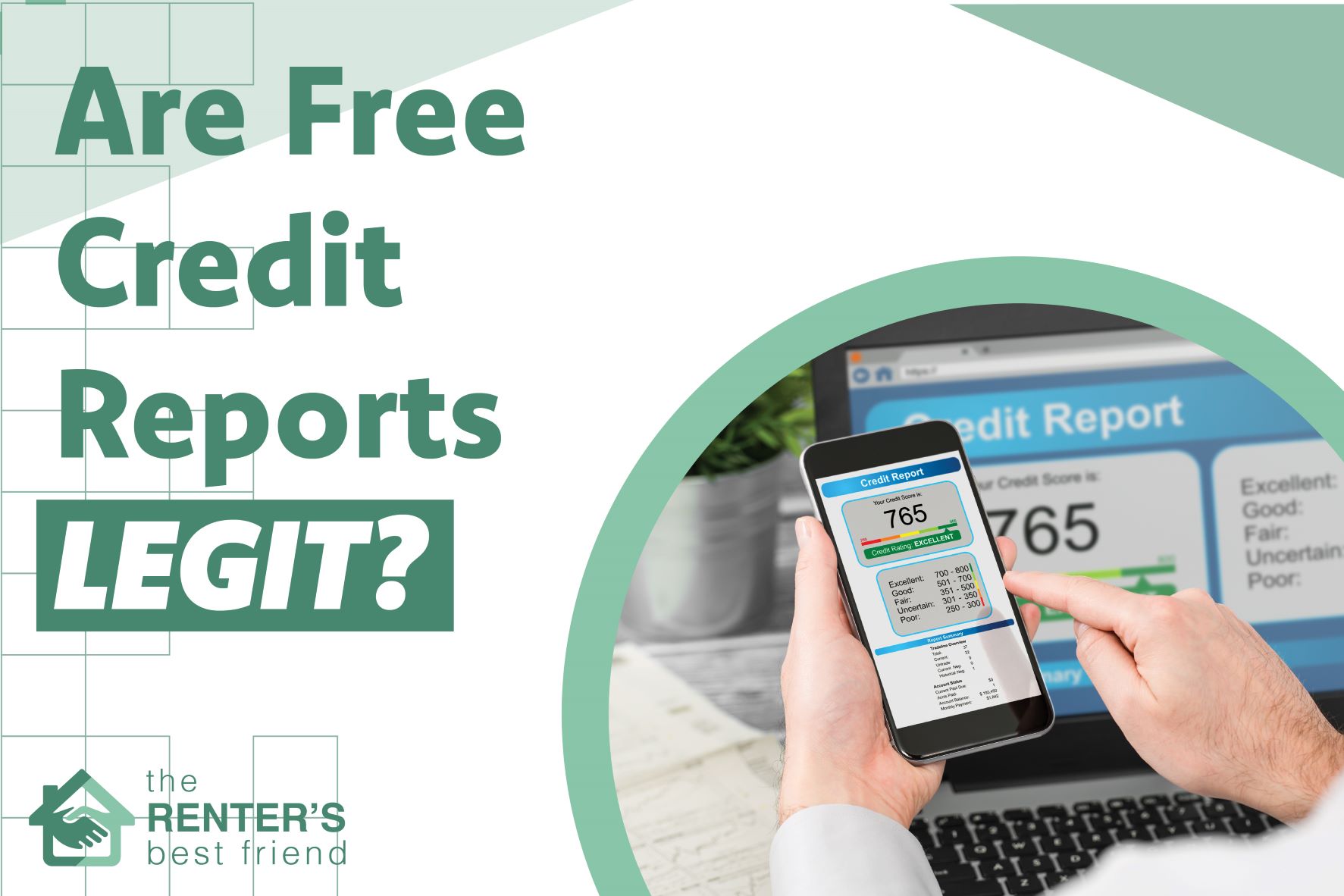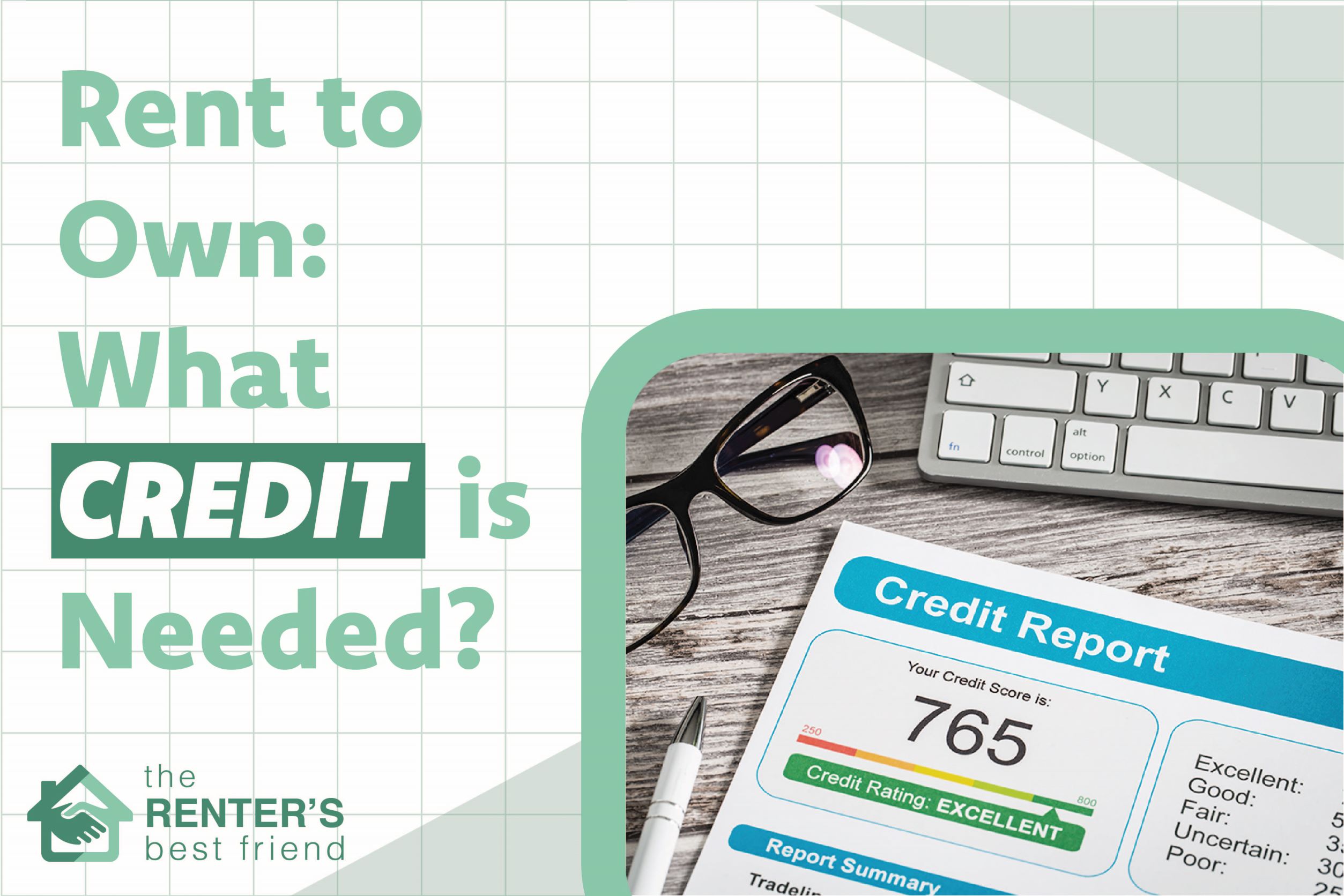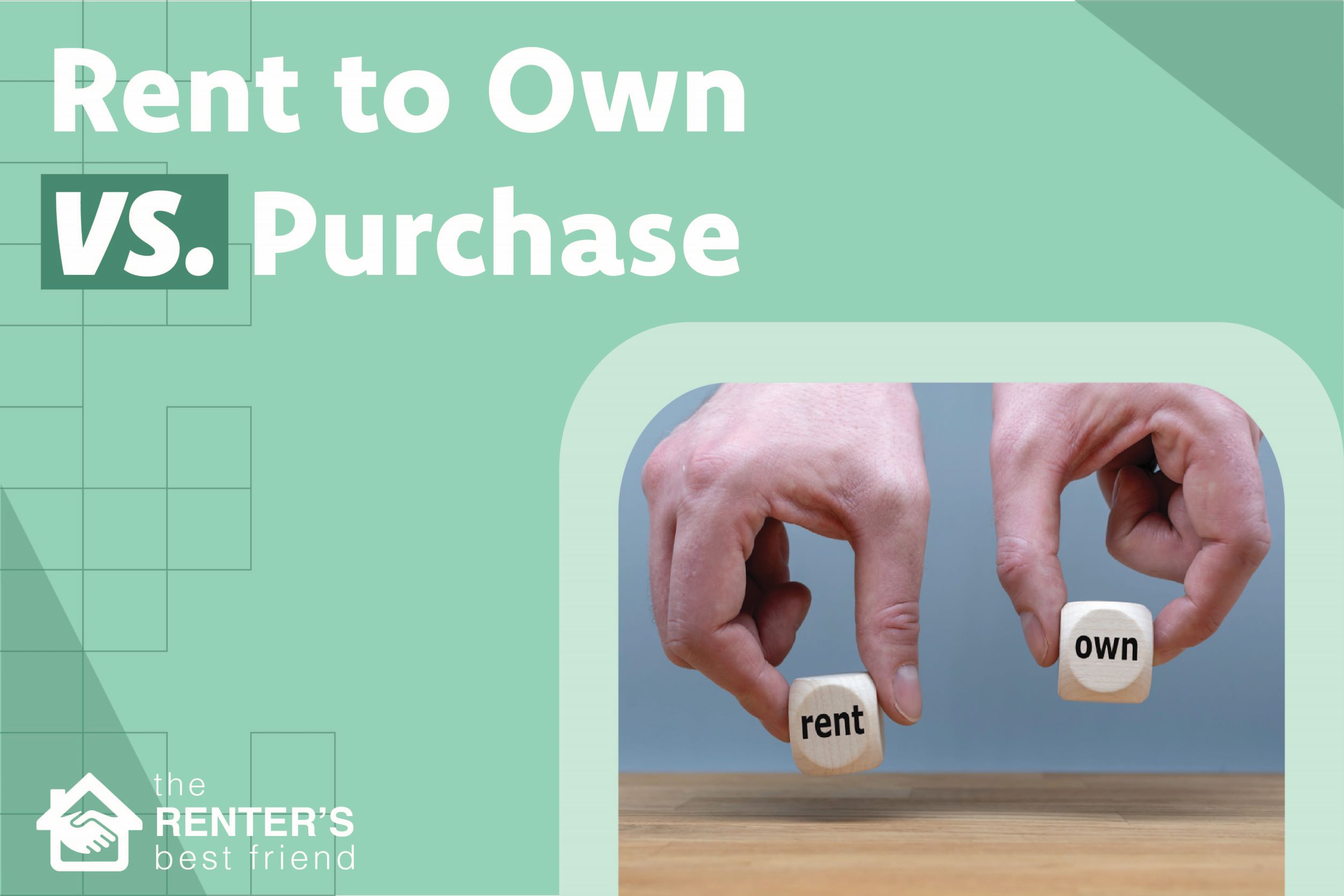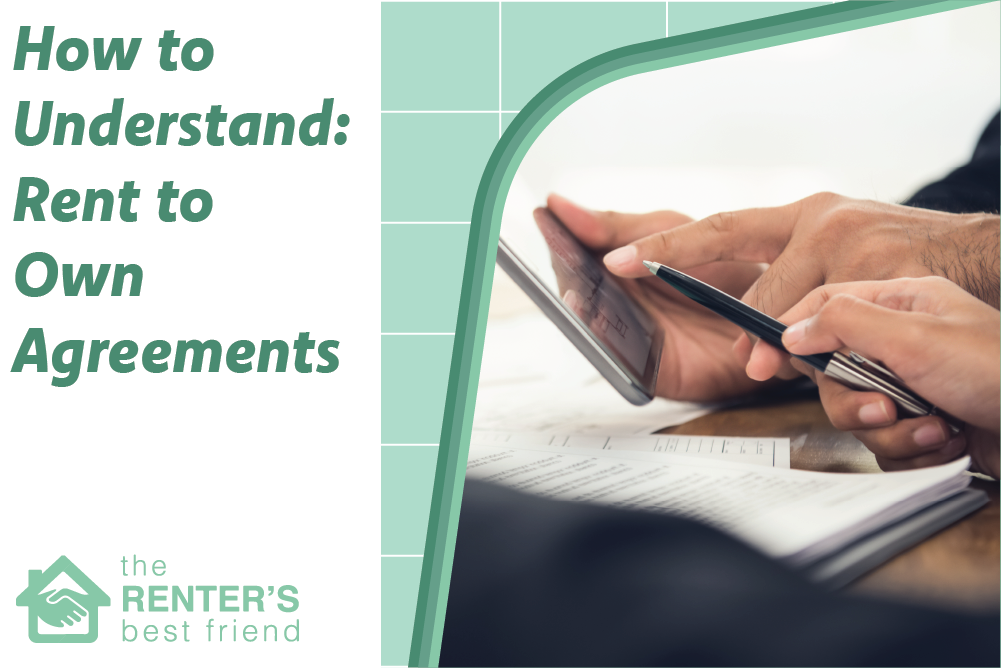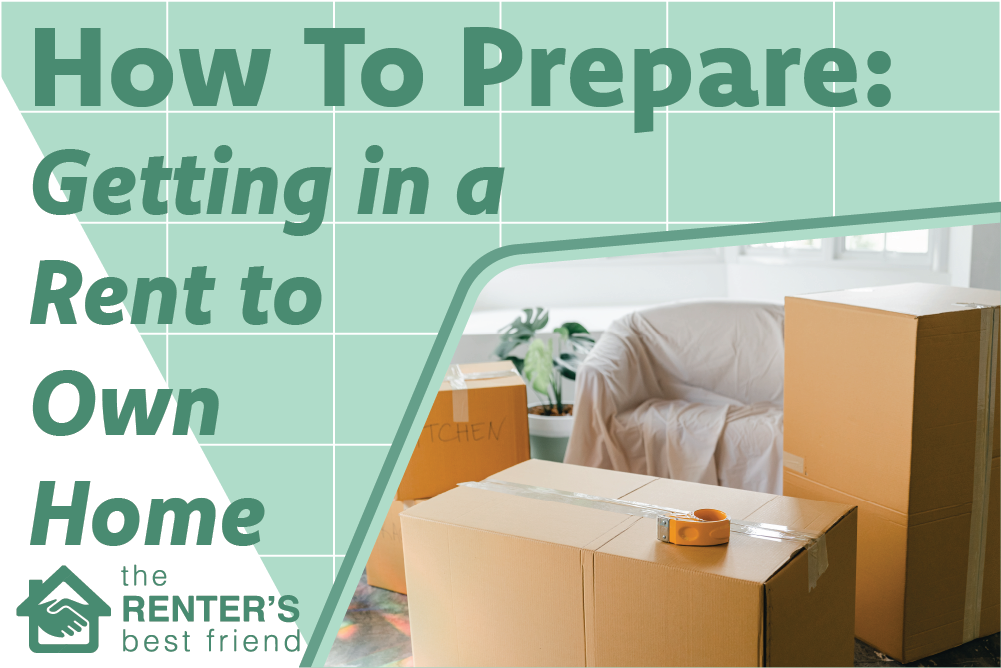Looking to buy your first home? It’s an exciting experience but it comes with plenty of challenges. You are probably wondering about so many things but ironically, you’re more focused on finding a place than anything right now. That’s understandable but it’s important to understand how things work and the process everything must follow before you can move forward.
Buying a house, of any size, comes down to understanding what you want, what you can afford, what’s available and how fast you need it. If you need a house immediately, chances are you will be out of luck. Why? Sellers want to be cautious, especially as buyers have more advantages. They need to know that they will not go for the first offer and lose it after a couple of weeks. If that happens, the seller has to start the entire process over again and by then has missed out on dozens of other potential buyers.
Before we move on, we want to invite you to start living your dreams today. Did you know that you can take your first step towards home ownership with The Renter’s Best Friend program for 1st Time Home Buyers program right now? Why wait? Start making your dreams a reality.
Important Tips For First Time Homebuyers
Before you go to a single openhouse it’s important to find a realtor who is familiar with the area you want to live in. There is an added benefit in this as your realtor will know strengths and weaknesses of each area, have some background on what to expect as far as cost of living, what the conditions of the property should be and more. Along with that, focus on:
1. Getting your income up: This may seem like a crazy concept but you would not be making a mistake if you picked up a second source of income for a while. It doesn’t matter what you do for a second job, the key is to get your income up. Lenders look at this number first to determine how much you are eligible to borrow because you can only borrow based on a percentage of your income, so higher income means higher approval numbers.
2. Working on your credit score: You probably have already heard that your credit score is extremely important when you’re buying your first home. While this is true, you may not understand how important it is. People have lost thousands of dollars a year because their numbers were too low. That’s something no one wants, regardless of your income.
If you need to learn what your credit score is, we have a secure, reliable method you can use if you click here. (And if you know your credit score could use a little help– that’s one of our specialties– click here.)
3. Trying to hit at least 20% down: The normal standard of putting down money when buying a home is that you should hit 20%. However, what most people know is that this is not just some random number. 20% down is key for not having to pay a mortgage insurance rate, an additional charge that could add hundreds to your monthly payment.
4. Knowing the laws of your town: You may love the area but what city or town is the property in? Each city and town has their own laws, especially when it comes to your property which is why familiarity with those laws is important.
5. Not ordering anything until you close: One common and critical mistake which literally has cost people their homes is that they start making big orders and purchases after they have an agreement in place. Yes, you found your home but getting everything for it now means your debt is going up which changes the figures the lender originally based your loan on.
6. Focusing on cost of getting the house ready: You may love the property but there’s a good chance it will still need work. This needs to be considered before you move in. On one hand, it could allow you to close at a lower price if the seller knows you have a lot of work to do to get the house ready. On the other hand, you have to also be aware that the work may be a dealbreaker either in the amount needing to be done or the cost.
7. Always asking your realtor for your options: Your realtor is there for a reason. Talk to them about what they think about the property, any red flags they may see and so forth. Yes, they want this sale to go through but they also want you happy because happy clients refer business.
8. Knowing what you’re going to be responsible to fix: When you move in, it doesn’t matter how great the house is, there are going to be little things that need to be fixed. These are the things you want to notice before the agreement or at least during the walkthrough. This is where patching a wall can become mold removal or something else, so know everything about the house you can learn, even the small parts.
9. Always thinking of it as an investment: It does not matter if this is your dream home and you plan on living there for 50 years. Hopefully, you get your wish. However, the fact is that you need to invest in your home and treat it as an investment. Putting money into it isn’t just about making it better for you, but also needs to be for improving the property value.
Understanding The Current Market
The current market needs to dictate what your moves are. Even if you are moving to a new city, you may not want to buy a house immediately. It may be wiser to rent for a year while you learn the area and where you may want to buy. Everyone considered paying rent as a losing battle and throwing away money. That is actually far from true if you understand how personal finances change over a period of time.
Imagine going online three months ago and seeing a great house that is perfect and in the perfect location, but it costs $450,000 right now, well above your price range. So, you decide to rent for a year and during that year you save up more money, build up your credit and so forth. A year later, that house could be back on the market for $100,000 less or more depending on a variety of situations. That’s why renting is a great short-term option if now is not the best time to buy.
As you get on with the process, you will learn that buying a home really comes down to checks and balances. People are set in place to assist you with this. However, the more you can bump up your numbers like your credit score and income as well as knowing what to look for, the better the transaction will go. Take your time and don’t rush, this is a major purchase and an important one.

